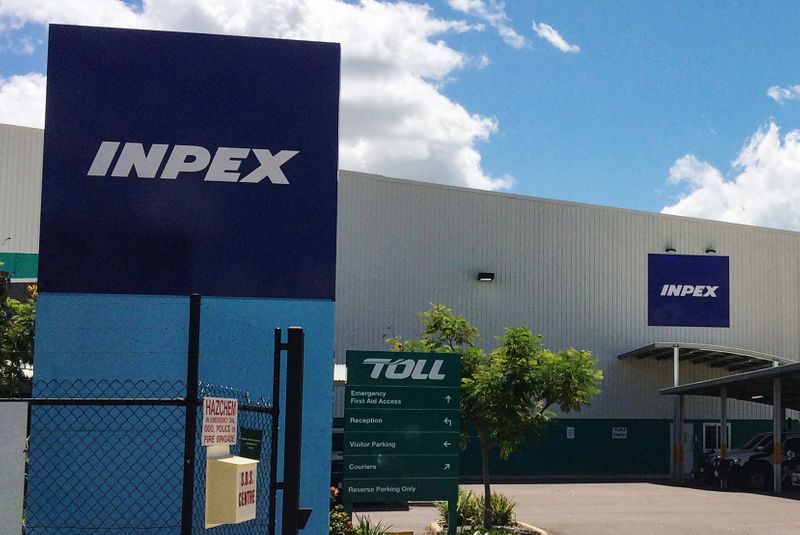(Reuters) -Japanese oil company Inpex Corp sold two Venezuelan oil and gas assets to Caracas-based Sucre Energy Group, three people familiar with the transaction said, as multinational firms retreat from the crisis-stricken OPEC nation.
Sucre, a privately-held exploration and production firm focusing on improving mature fields in Latin America, purchased Inpex’s 70% stake in the Gas Guarico natural gas partnership with state oil company PDVSA, as well as its 30% stake in the Petroguarico oil joint venture, said the people, who spoke on the condition of anonymity because the deal was not yet public.
Inpex declined to comment. Neither Sucre nor PDVSA responded to requests for comment. The three people declined to specify the value of the transaction.
Inpex is the latest in a string of major oil companies to abandon once-promising assets in Venezuela, home to some of the world’s largest crude reserves but plagued by hyperinflation, corruption, and U.S. sanctions on PDVSA aimed at ousting President Nicolas Maduro, labeled a dictator by Washington.
In recent weeks, France’s TotalEnergies and Norway’s Equinor ASA exited their Petrocedeno joint venture with PDVSA, citing the high carbon intensity of the project’s extra-heavy crude. Both companies retained their stakes in Venezuelan gas fields.
A consortium of Japanese companies including Inpex also recently exited its 5% stake in the Petroindependencia joint venture with PDVSA, Reuters reported in June.
Sucre’s entry shows how local firms are increasingly filling the void left by multinationals in the oil sector and beyond, as the government scales back intervention in the economy and restrictions on the private sector, hoping to attract investment in the face of sanctions.
Sucre has invested in Ecuador’s oil sector, and is part-owner of a subsidiary of Paris-based Maurel et Prom which in 2018 purchased https://www.reuters.com/article/us-venezuela-shell-exclusive/exclusive-shell-seeks-to-sell-venezuela-jv-stake-to-frances-maurel-prom-sources-idUSKCN1ML30L Royal Dutch Shell’s 40% stake in Petroregional del Lago, an oil joint venture with PDVSA in western Venezuela.
The company was most interested in Gas Guarico, which produces around 50 million cubic feet per day of natural gas, but agreed to purchase the stake in Petroguarico as well as part of the deal, the people said.
Venezuelan gas fields can be more attractive for investors than oil-focused projects because private companies can hold majority stakes and operate the fields, the people said. Venezuelan law requires PDVSA to own the majority of oil joint ventures with private companies.
Venezuela has huge gas reserves but limited infrastructure to process and transport it, meaning it cannot yet export to neighbors. Just 10% of the population has a gas connection to their homes, meaning much of the gas produced alongside oil is flared, https://www.reuters.com/article/us-venezuela-gas-flaring/ex-shell-exec-who-cut-gas-flaring-in-iraq-seeks-to-do-the-same-in-venezuela-idUSKBN20S28A a significant source of carbon emissions.
Sucre is expecting rebounds in Venezuela’s petrochemical, power and heavy industry sectors after a half-decade economic collapse, providing a source of growing gas demand, one of the people said. In the longer-term, Venezuela could emerge as a gas supplier to neighbors Colombia and Trinidad and Tobago.
(Reporting by Luc Cohen in New YorkAdditional reporting by Aaron Sheldrick in TokyoEditing by Rosalba O’Brien)























